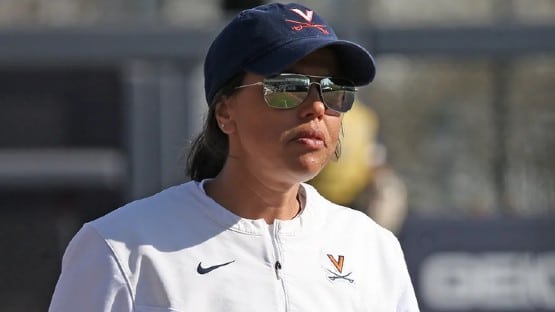
“The surveillance of Zika cases in Virginia is critical to our ability to prepare for and provide treatment to people affected by this virus. This is why I established the Zika task force this past February,” said Governor Terry McAuliffe. “Thus far, all Virginia Zika virus infections have been associated with travel abroad, but we are ramping up efforts in preparation for locally transmitted cases where a mosquito bites an infected person and then bites someone else. Early detection of the virus in local mosquitoes allows health officials to pinpoint our efforts to prevent the spread to others in the community. I applaud the efforts of our state and local public health officials who are working diligently to stop the spread of Zika, and we will continue aggressive actions to prevent the spread of this virus in Virginia.”
As of July 7, 2016, the Virginia Department of Health has reported to the Centers for Disease Control and Prevention (CDC) 33 cases of Zika virus in Virginia residents associated with travel outside the U.S. There have been no locally transmitted cases.
DCLS began testing humans for Zika virus in April. The addition of mosquito testing allows the lab to provide state health officials with even more information to quickly respond when local transmission is detected.
Last week, DCLS shipped collection kits to 10 local mosquito control jurisdictions in central and southeastern Virginia in order to trap the mosquitoes and return them to the lab for testing. DCLS will perform molecular tests on up to 1,200 pools, each consisting of approximately 50 mosquitoes, to determine if the virus is present in a particular area of the state. Results typically take one day.
“This testing provides important information to Virginia public health officials as they take the necessary measures to prevent illness in our citizens and the unborn,” said Dr. Denise Toney, DCLS Director. “Our scientists can test up to 300 pools of mosquitoes per week, but if a public health threat is identified we can deploy an automated system that can process more than double that number per week to more quickly identify impacted areas.”
“Prevention is key when dealing with public health risks like Zika virus disease because we have no specific treatment and no vaccine at this time,” said Dr. Marissa Levine, State Health Commissioner. “Many people are hard at work because responding to Zika requires a true community response. Everybody has a role to play in reducing the risk of Zika virus disease. The testing of mosquitoes in targeted areas will allow us to stay ahead of any local transmission of the virus that might occur and help us reduce Zika’s impact on Virginians.”
Zika virus spreads primarily through the bite of an infected Aedes aegypti or Aedes albopictus mosquito, both of which are found in Virginia during mosquito season, which runs from May 1 through October 31. The virus also can be spread during sexual intercourse with a male partner or from mother to her unborn child, which could cause birth defects.
There is no vaccine for the virus, so health officials encourage individuals to avoid mosquito bites.
For more information about Zika virus, visit www.ZikaVA.org.










